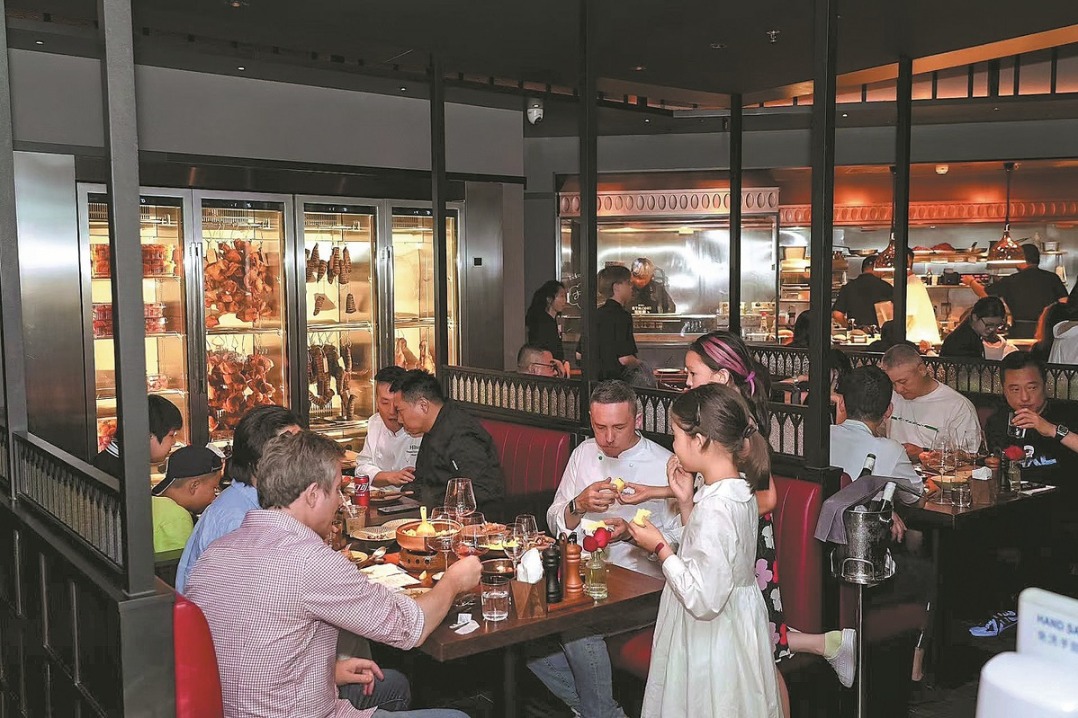To marry or not is a big question


According to a report by the Ministry of Civil Affairs, marriage registrations in China, on a continuous decline in the past nine years, reached its lowest point since 1986 last year with just 6.833 million couples registering. Marriage, as a crucial component of social life, is an important indicator of how society and culture are evolving.
Economic factors are largely responsible for the declining marriage registrations. In recent years, soaring housing and living costs have increased the financial burden on young people. The rising costs associated with owning a house, raising children, and supporting a family have made marriages more challenging.
Particularly in first-tier cities, the high cost of living and fiercely competitive work environments have compelled many young individuals to postpone their marriage plans. They instead prioritize on achieving economic independence and career development rather than rushing into the institution of marriage.
As social perspectives become more open and diverse, the traditional views on marriage are being challenged. An increasing number of individuals are now focusing on self-fulfillment, personal happiness, and egalitarian partner relationships, rather than perceiving marriage as an obligatory life choice.
The young are making quality, stable and happy marriage a priority. Unlike in the past, instead of blindly following societal norms, the young are first ensuring there is mutual understanding and strong emotional foundations.
Women's empowerment and enhanced consciousness about gender equality have also made women more independent in their marriage choices, instead of getting married just because it is there.
Although the decline in marriage registrations is triggering a series of social changes, it is not entirely negative. On the contrary, it reflects the progress and diversity of marriage concepts within Chinese society. People now lay greater emphasis on personal happiness and spiritual fulfillment within marriages, transcending traditional role expectations and social validation. Traditional marriage models are gradually being challenged as people seek more realistic and diverse understandings.
The decline in marriage registrations also presents certain challenges. The stability of marriage and the social cohesion it fosters may be affected, particularly in the context of an aging population and declining birth rates.
However, this does not imply that marriage has lost its significance; rather, it calls for a reevaluation and broader acceptance of diverse perspectives. It is necessary to address the economic pressures and improve the quality of life for young people. Only by creating a more supportive social environment and promoting inclusive values can the development of marriage be facilitated and personal happiness be achieved.
The author is a writer with China Daily.


































